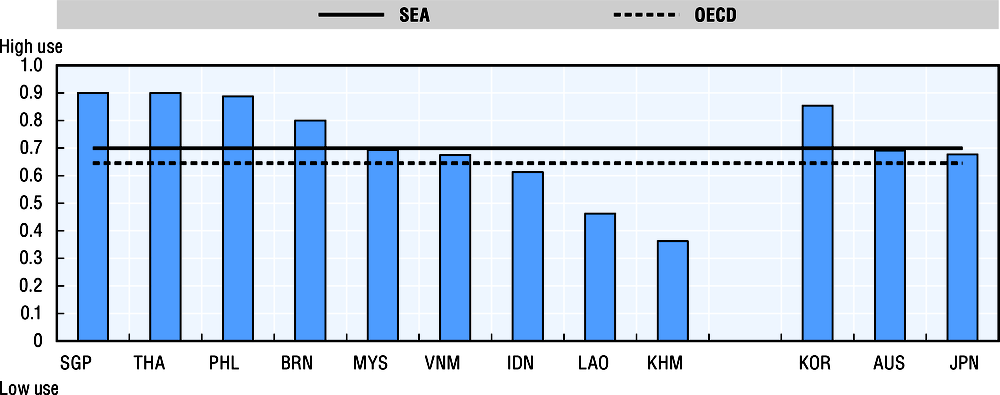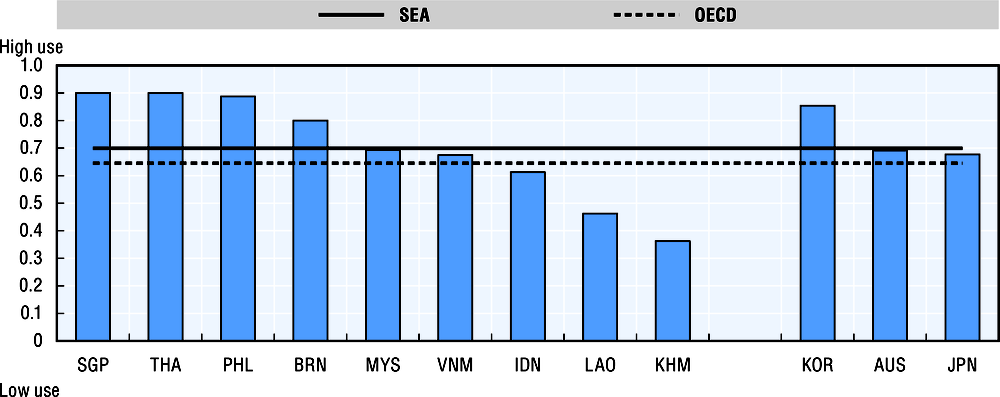Society’s ongoing digital transformation, rising incomes and education levels have changed citizens’ expectations of public administration, with new demands on public sector performance. Building a performance culture in the public sector can start with effective performance management – fundamental for improving public service quality while carefully managing limited resources.
Performance indicators for policies and services can help define the employee’s, manager’s and organisation’s objectives and responsibilities, as well as the government’s overall priorities. This helps clarify staff’s organisational goals, giving a better understanding of their role within the organisation and how to best contribute to its strategic objectives. Performance assessments incentivise better performance through individual and collective feedback. Assessments can also identify development objectives; gaps in skills; and feed into strategic HR planning and training.
As in most OECD countries, formal performance assessments are mandatory for almost all employees in SEA central governments. The composite indicator assesses the use of performance assessments to inform HR decisions, including formal requirements, tools used and implications for employees.
Singapore and Thailand integrate performance assessments into their HR decision making more than other SEA countries. In the others, performance appraisals are important for career advancement, remuneration or contract renewal, and meetings with an immediate superior can be every six months. However, in Cambodia and Lao PDR performance assessments feature less in HR decisions (i.e. for contract renewal or remuneration).
All SEA countries that responded to the survey collect employee performance data. In Malaysia, the Philippines, Viet Nam and Brunei Darussalam data are collected and aggregated centrally. In Brunei Darussalam, ministries are responsible for entering and updating data into a central government employee management system. While Singapore and Thailand collect and standardise data to hold at ministry level, in Cambodia, Indonesia and Lao PDR data are collected by individual ministries or agencies but not standardised. OECD countries in the region tend to collect data at ministry level.
Performance-related pay (PRP) is a common incentive in SEA and OECD countries. All surveyed SEA countries have one or more PRP mechanisms for most central government employees except Viet Nam, Lao PDR and Brunei Darussalam. In Singapore, which uses PRP the most in the region, PRP can include one-off performance bonuses, permanent pay increments or promotions, and make up to 65% of base salary – the highest in SEA. This is comparable to Japan, an OECD country that uses PRP to a greater extent. The other three OECD countries in the region also have PRP mechanisms.
PRP schemes can succeed if performance goals are clearly established, performance is solely dependent on the efforts of the individual (or group) and if management carries out evaluations objectively. Without these conditions PRP could lead to “gaming” and lower employee motivation and engagement. As a result, to improve public sector performance, many OECD countries are now exploring ways to measure and manage employee engagement. Leading practices in this field are based on regular employee surveys and benchmarking reports.


